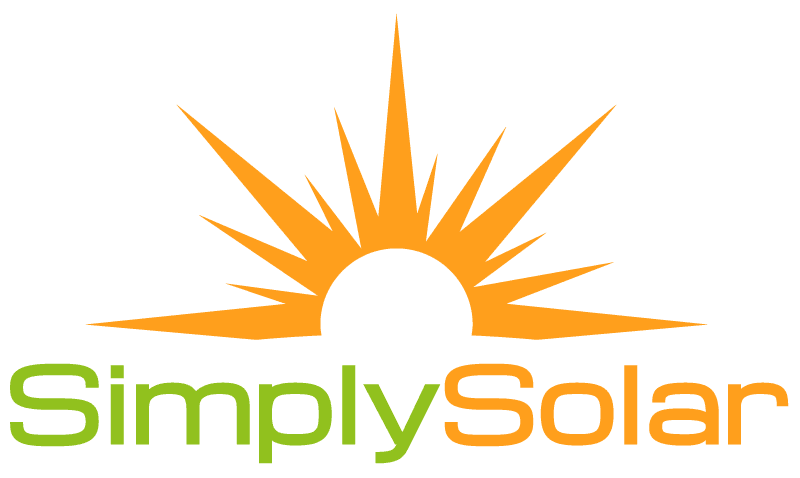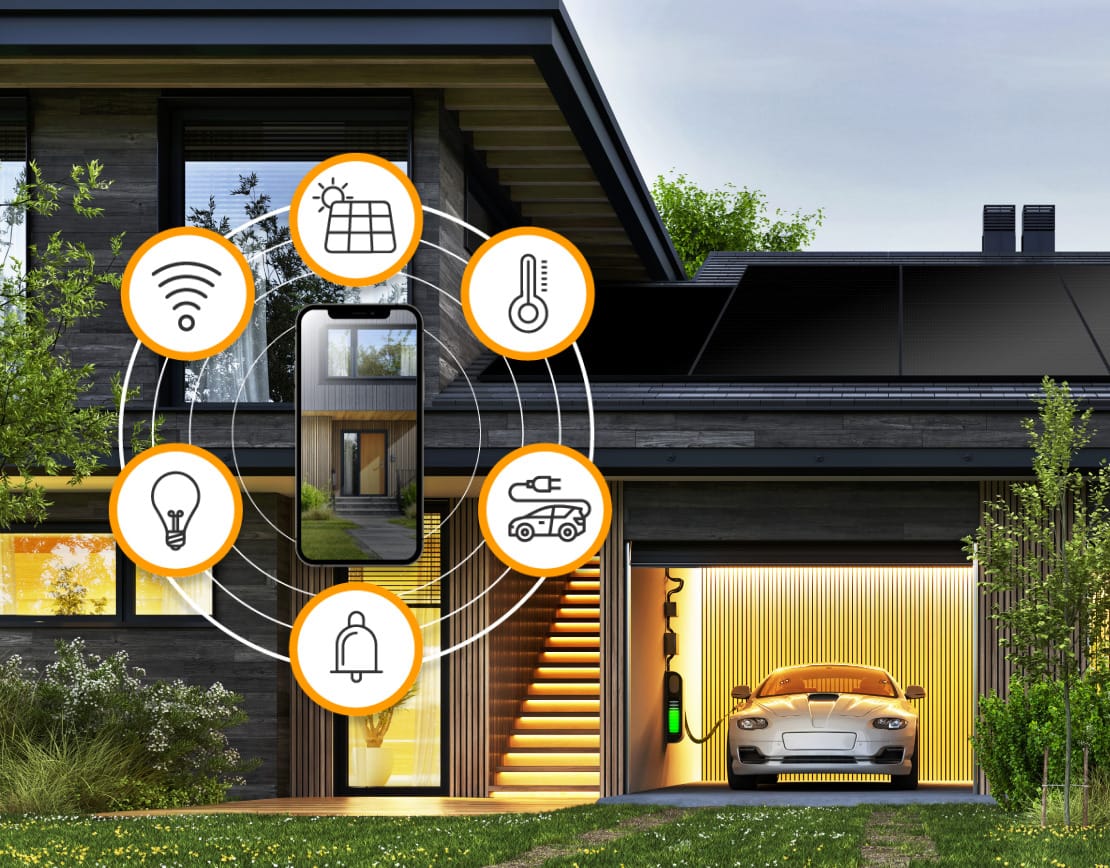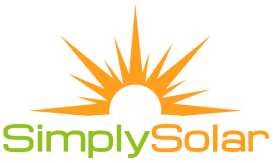Did you know that the solar industry generates around $25 billion of private investment in the US economy? The industry is huge, and businesses are slowly realizing how much it can save them. But is your company reaping the benefits?
If not then you need to reconsider and start saving. Read on as we give our guide on commercial solar power.
Commercial Solar Power
There has been a big shift toward residential solar power. As the price of panels has decreased and their efficiency has gone up, many people are looking to save money on utilities by getting them installed. However, it is not just residential buildings that can benefit.
Commercial solar power is the term used when solar supplies a number of services other than the home. It could be used by schools, churches, governments, or small and large businesses.
The size of these projects varies. They may comprise rooftop or ground mounts that could produce kilowatts to megawatts worth of power.
Commercial Systems
The power produced is distributed generation power, meaning the solar energy is used near the points it was turned to electricity. They are often connected to a local power grid.
In this way, unused electricity can be sent back to the grid for redistribution. This allows some owners to earn money through a scheme known as net metering. Essentially, they are selling their solar electricity back to the power suppliers.
Commercial systems will generally be a lot larger than residential ones. Most panels you see on a home will generate around 8 kilowatts of power. In contrast, the larger industrial panels will be generating megawatts.
Advantages of Commercial Solar
There are a number of advantages when you install solar panels in your business. These can be both financial and environmental.
First is the ability to save money. You are offsetting the cost of electricity, which in organizations like factories or data centres, can be huge. Small businesses could even reduce their consumption completely.
In addition, if you buy locally you are supporting the local economy. This helps create business links and shows you as a local businessman who keeps their interests where they matter.
Finally, you foster an ecologically sound brand. People will see that you are a sustainable company, committed to clean energy and the future. It will impress stakeholders and your customers.
Financing
There are a number of options when it comes to financing your solar power for business. You can even consider is leasing a system. Many larger installers will offer this to business customers because the size and scale make economical sense.
Another option is to take out a loan or buy outright. In this case, make sure you get solar installers who known the local state and its regulations. There are a number of tax incentives, solar incentives, and credit schemes they will know about, as well as having connections with better lenders.
Local vs National Companies
Solar installation experts will jump at the chance to do business with you. A commercial solar project is usually a large one, and so you hold the power when it comes to finding people for your project. However, there are a few considerations to make.
First is the decision to go with a local or big brand name. Many people trust the larger companies, and rightly so. They often have robust quality assurance and experienced staff on hand.
In contrast, local fitters will have better knowledge of the specific area. They will give you a much more personalized service, allowing you to be more hands-on with the development of the scheme.
Of course, you may be lucky enough to find a company that does all of this. Simply Solar has the reputation and brand name, with the customer service and local knowledge to provide everything you could wish for.
Monitoring and Maintaining
To get the most from your panels, you need to measure both your electricity generation and consumption on a regular basis. Without this, you will not be able to see how low your bills are going and how to keep them down. It is a good idea to assign this task to one person in your business.
For maintenance, you will be provided with an outline when your panels are installed. You can then either decide to hire the installer to do the job with the guide provided or assign the task to a third party. Generally, a check will be done every six months for the first two years after installation.
Questions to Ask a Potential Installer
Reputation and experience are the key to finding the right installer for solar panels. Ask how many systems they have installed, but more importantly how many are in the local area. This can give you an understanding of their experience in commercial projects.
From this, make sure they reference similar systems they have worked on. You may be able to go and visit them yourself, or contact the business owners to see what their experience of the company was.
The benefit of going local is that they should have experience when getting permits for the local area. They may even have a streamlined process that can get the permits quicker and easier than other methods.
Finally, check they are licensed, insured, and bonded. Accidents happen, and you don't want to lose out. You should also discuss the warranty that will come with the installation.
Installing Commercial Solar
In summary, find a reputable installer and do your research. Calculate your savings, and see if it works out for your company. Add in the boost to brand awareness as well as any financial statements when considering the purchase.
Your first stop should be Simply Solar California. We have commercial and residential solar, for all your needs. Contact us to get a no-obligation quote for your business, and make solar work for you.



